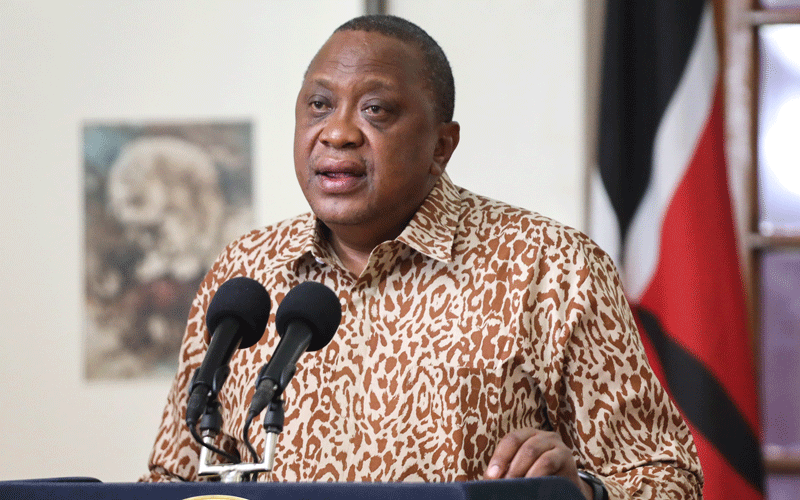Experts urge caution as State mulls reopening of economy
By People Team, July 1, 2020As Kenya cautiously moves towards opening its economy to heal from the adverse effects of Covid-19 shocks there are mixed reactions about a wholesale take off.
Stakeholders say there is a need for caution particularly in regard to international trade to cushion gains already made in the quest to contain covid-19 pandemic.
The tourism sector will be the first to take off after Tourism and Wildlife Cabinet Secretary Najib Balala launched sector recovery measures and protocols where he said local airport services will start operations this month.
“We are cognizant that in the first six months of this year we are going to focus on domestic tourism but of course we know that the first thing we have to do is to contain the virus,” said Balala when he launched a Covid-19 report earlier this week.
It will, however, be a difficult take off with a curfew as majority of hotel operators said in a survey, indicating that reopening the hospitality industry will not yield much if all restrictions and containment measures are still in place.
Market perception survey conducted by Central Bank for May, shows respondents said reopening, with curfews and lockdowns in Nairobi and Mombasa, would not be cost-effective.
But Kenya Airports Authority says it is all set for health screening, operational hygiene, security screening, social distancing and emergency measures throughout the country.
Speaking to Business Hub, Kisumu International Airport manager Selina Gor said the airport has been customised according to the current Covid-19 guidelines by the Ministry of Health.
“While the airports were closed, we came up with Covid-19 safety measures to ensure safety of our passengers,” said Gor. She said passengers will go thorough mandatory Covid-19 screening.
An isolation centre has also been set up at the old airport where suspected passengers with Covid-19 symptoms will be required for quarantine purposes.
Aviation sector
Experts in the aviation sector, however, say as they domesticate protocols which will then be released to guide the industry once the ban is lifted, questions abound on the impact the changes will have on the industry.
“The draft aviation protocol has not clearly indicated whether there will be reduced number of passengers or not but suggestions from the ministry of Trade indicate capacities be reduced,” said Githau Mwaniki, a consultant at Aviation Information Consultants.
Mwaniki says suggestions that aeroplanes carry between 50 or 70 per cent of passengers stock will not work out.
“When demand is low like it is likely to be, there are other costs that come with it. This means cost will increase making flights too expensive to generate demand,” he said.
“Going to Mombasa will cost double, where you were paying Sh4,800 passengers might pay more than double, killing the little demand in the market,” he warned.
Kenya’s predicament compares with American Airlines position which has been limiting seat bookings since April to around 85 per cent of an aircraft’s capacity, leaving approximately half the middle seats open.
However, reports indicate that starting Wednesday, July 8, 2020, American Airlines will start selling every single seat on its flights.
This move is keeping in step with other airlines including United Airlines and Spirit Airlines who are booking at full capacity, not every airline agrees with this though. Reporting by Lewis Njoka, Baraka Karama and Reuben Mwambingu
More Articles

